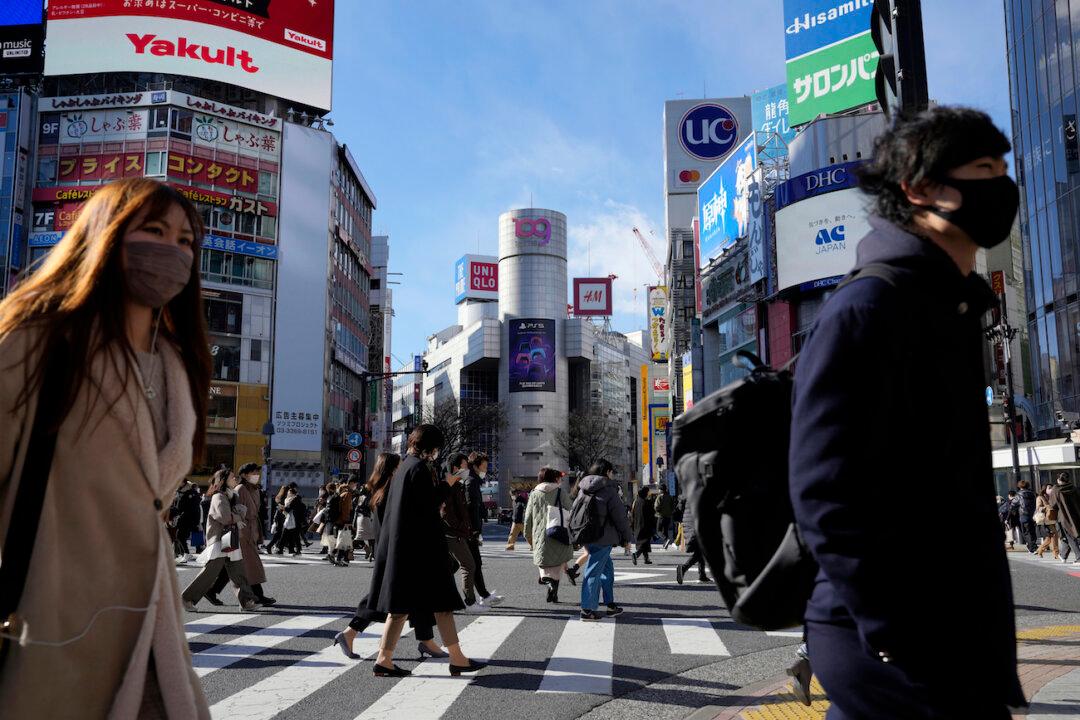Japan’s Prime Minister Fumio Kishida said Wednesday that remaining COVID-19 quasi-emergency measures in Tokyo and 17 prefectures will be lifted March 21, following a decrease in the number of new infections in the country.
The government declared a quasi-state of emergency in 36 of Japan’s 47 prefectures in January due to the spread of Omicron, with Tokyo and 17 of the prefectures seeing the measures extended twice beyond the deadlines.





